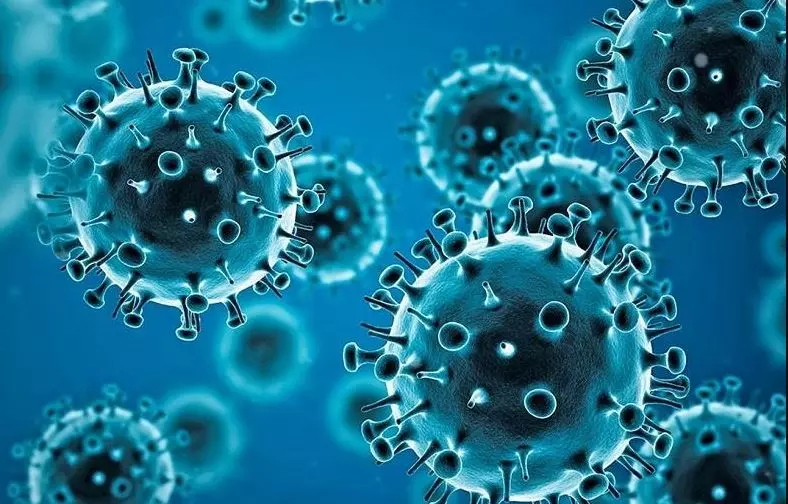
IIT-Kanpur clarifies it did not forecast a fourth Covid wave in June
text_fieldsRepresentational image only
New Delhi: When the Corona virus was, to the relief of all, felt to be gradually on the way out in early March and people were prepring for rettun to normal life in all spheres, there came a projection from IIT-Kanpur that forecast a fourth wave that would occur in June; that came even with a date: June 22.
The result of a modelling from the researchers of the much respected institution IIT, the news had the potential to send jitters all across, but thanks to the less than viral reach it received, the public didn't go into panic mode.
Now, however, IIT-Kanpur itself has given a clarification that the said forecast was not theirs, as stated by the Union Health Minister in the Rajya Sabha on Tuesday. The ministry added that it was closely watching the trajectory of the disease as cases surge again in some countries.
"IIT Kanpur has clarified that they have not forecasted the fourth wave of Covid-19. It is an independent study done by a team of researchers from their Department of Mathematics and Statistics who have prepared a mathematical model and submitted the same to a preprint server for the experts to comment on. The same is not peer reviewed," MoS Health Bharati Pawar said in a written answer.
Responding to a question by a member Brijlal, she clarified that modelling studies often involve a relatively small actual sample and extrapolate the result to the entire population.
"While this may achieve near accurate results for a small homogenous country/region, such techniques have failed repeatedly to give reliable results for a large, diverse population," the minister said.
The forecast by the Department of Mathematics & Statistics of IIT, had predicted the virus to hit the population from June 22 to October 24, reaching a peak in August. Experts, who were sceptical about the accuracyof the modelling, had pointed out that a virus remaining so for four months without unexpected changes was quite unlikely. As was noticed during the two years of Covid infection, modelling had triggered responses varying from sheer disbelief to utter panic among the people – more disbelief if one of the forecast items failed to materialise.
The minister also said given the emergence of variants of Covid-19 virus with variable transmissibility and other public health implications, the Ministry of Health is closely following Covid-19 trajectory globally and in the country along with various expert committees.
The Indian SARS-CoV-2 Genomics Consortium (INSACOG) of laboratories is undertaking whole genome sequencing of samples for timely detection of mutant variants of virus.
The IIT-Kanpur study which was released on February 24, used data available until January 30, 2022 and made predictions for a period more than 15 weeks away, a practice disowned by some like Brian Wahl who was quoted by The Wire Science soon after the report was released. Wahl, who uses models to study infectious diseases at Johns Hopkins University's Department of International Health, told the portal that a model could be reliable if it made predictions a week or so into the future.
Many other experts quoted in the Wire report at that time also agreed with Brian Wahl's opinion. However, the IIT-Kanpur has given its official response now in the context of the Rajya Sabha question.

















